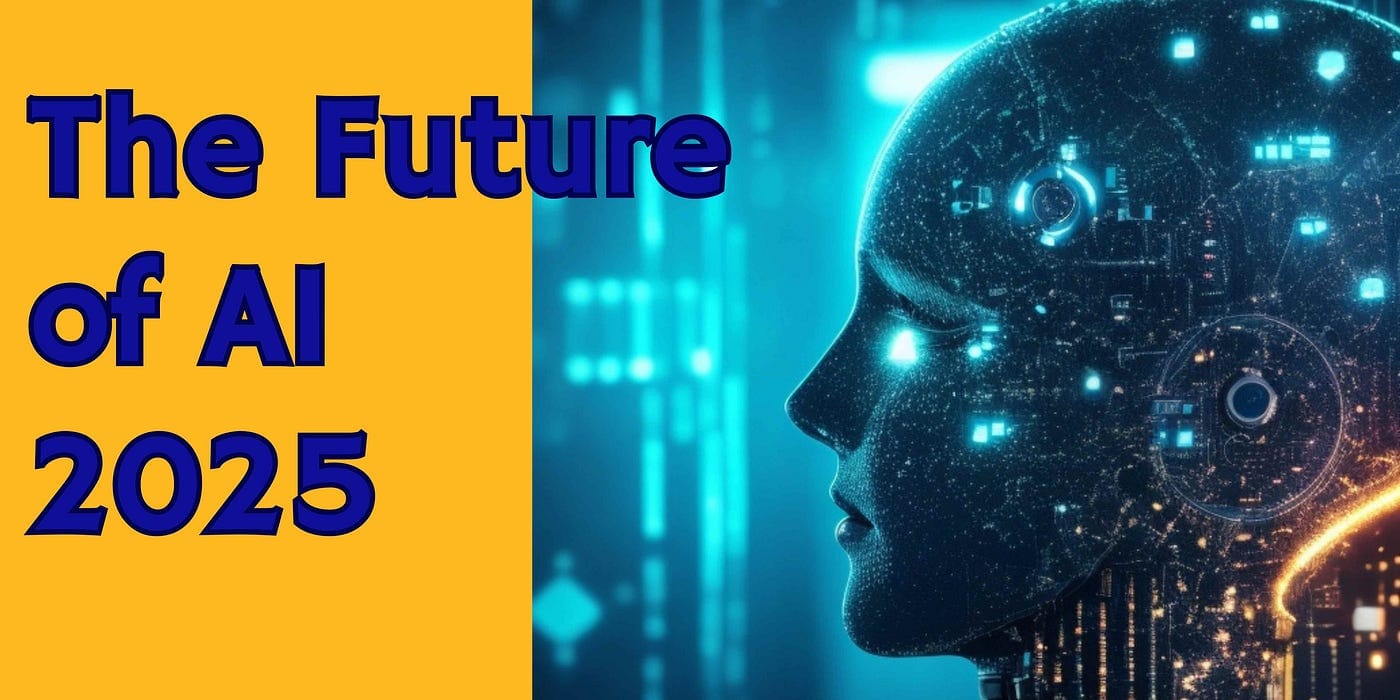
Introduction: Jobs of Tomorrow in the Age of AI (2025)
By 2025, such jobs as data entry and telemarketing jobs will be replaced because of repetitive jobs, especially by manufacturing and in customer service departments. However, AI will definitely not replace jobs; it’s going to reform jobs in health care, educational sectors, IT sectors, creating new opportunities related to AI and data analysis besides ethical governance through upskilling and reskilling.we want to know the how to use generative ai tools , after knowing the generative ai tools we do not loose any jobs ,our jobs are secure.AI can replace jobs in 2025?
[ez-toc]
AI-related jobs in the future:
Some traditional jobs can be automated but will give a birth to other new jobs along with AI growth. Some prominent AI-related future jobs are,
1. AI Engineers and Developers: Engineers and developers create AI systems along with algorithms while improving them through the development for greater intelligence.
2. Machine Learning Experts: They come up with a model that develops the ability in machines to be learned from their data and implement decisions without humankind.
3. Data Scientists: This will analyze the large datasets by using AI tools to extract insights and help the organizations make proper decisions.
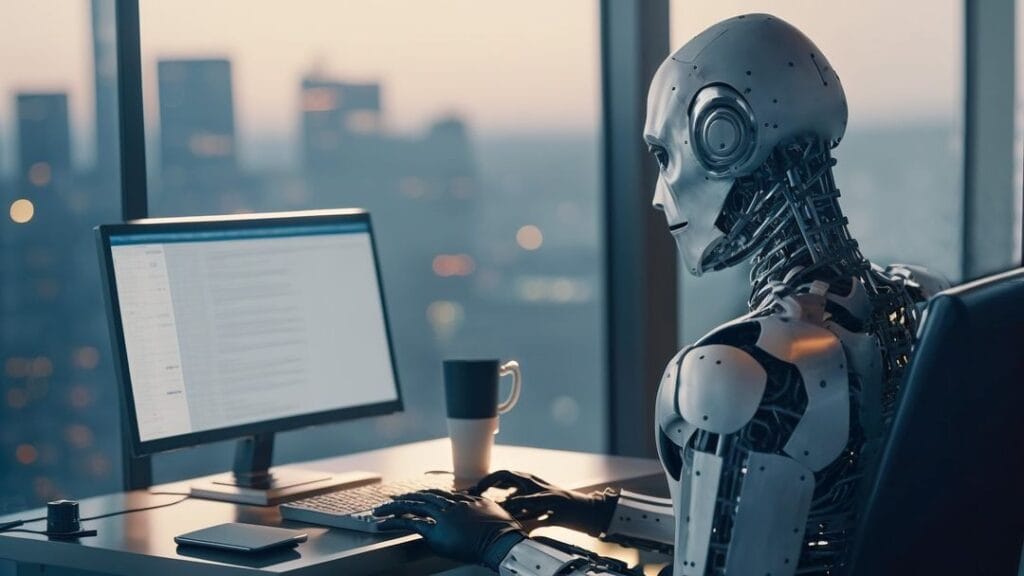
4. AI Research Scientists: These research scientists will explore new ways to develop AI technologies for solving complex problems.
5. Robotics Engineers: These are engineers who develop AI-powered robots for industries in manufacturing and health.
6.AI Ethics Officers: They would assist in dealing with issues of algorithmic bias, privacy, and ethical implication of AI so that AI will be used responsibly.
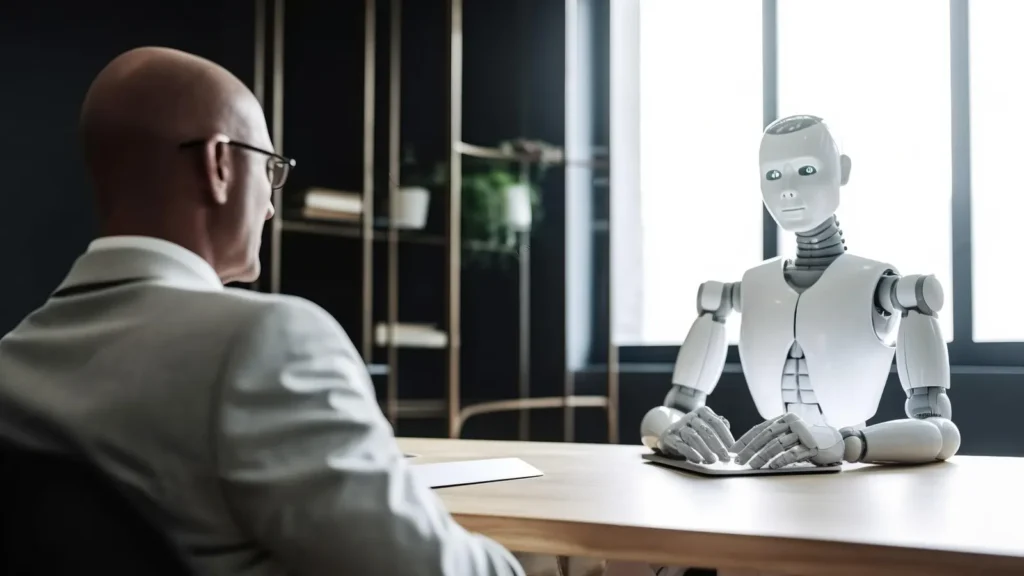
7.Cybersecurity Analysts: To protect AI from cyber-attacks, cybersecurity analysts would identify and work on potential vulnerabilities that could leave the AI systems insecure.
These roles present the considerable demand for capabilities in AI as these technologies shift the game in most industries.
Jobs AI Will Not Replace in the Future
Though AI is changing industries, there are various jobs that have uniquely human skills that AI will never be able to replace. These include;

1.Healthcare Professionals:Doctors, nurses, and therapists care for others with empathy, intuition, and moral judgment-the very things that AI cannot create.
2.Teachers and Educators :While AI may deliver on personalized learning, teachers are in a better position to inspire, mentor, and develop personal relationships that lead to social and emotional development.
3. Creative Professionals: Artists, writers, or designers, with their personal experience and emotions, bring into their work content to which people can resonate than AI ever could.
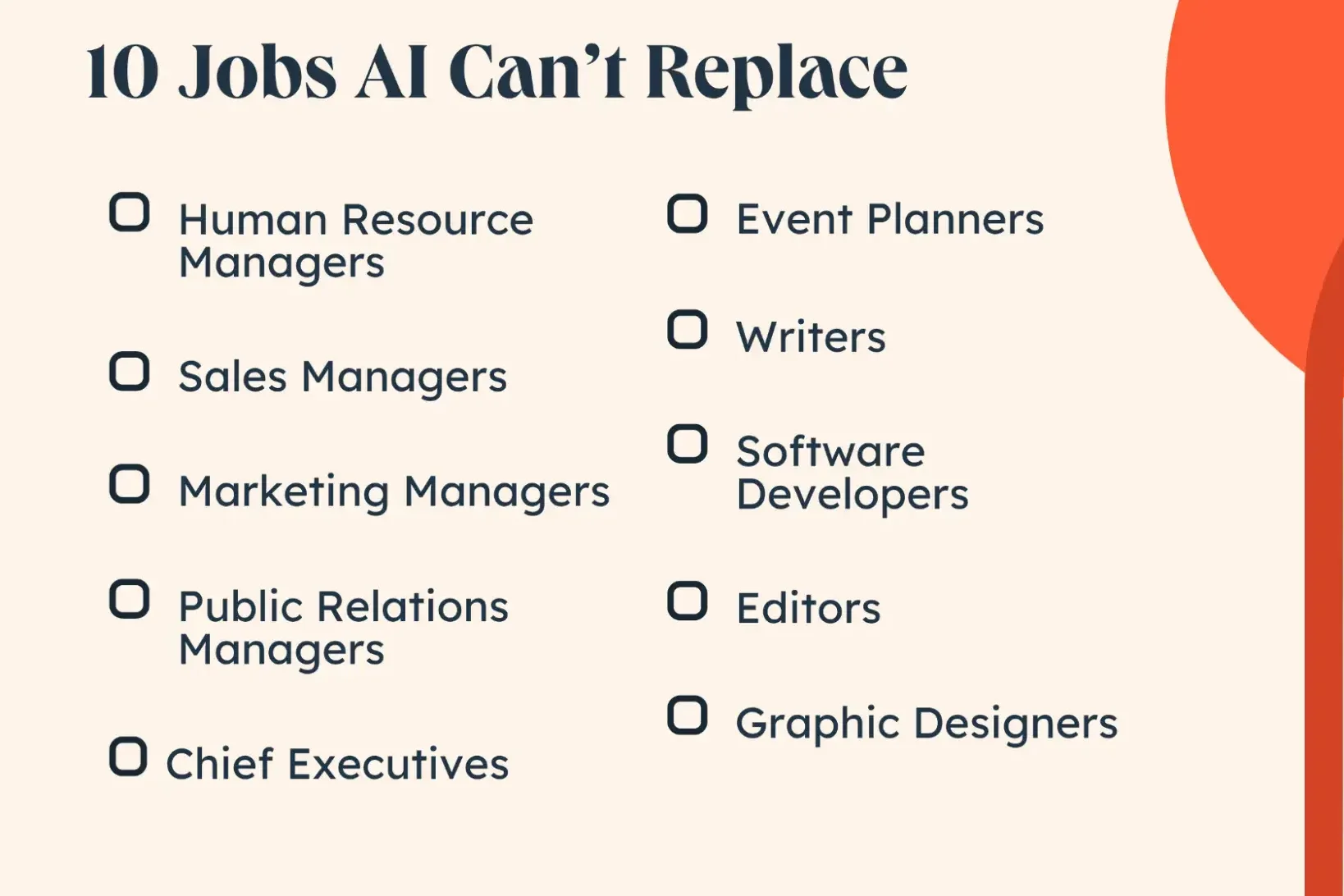
4. Managers and Leaders: Data analysis is within the capacity of AI, yet human leaders will make decisions using intuition, experience, and emotional intelligence to earn trust and encourage teams.
5. Social Workers and Counselors: People in the social workers and counselors categories require empathy and sensitivity with regard to issues that are not easy to be solved by artificial intelligence.
6. Crafts: Jobs are plumbing, carpentry, electrician, in which hands are required and exposure to unique situational skills an AI cannot deliver.
7. Ethics and Policy: Ethical decisions regarding impacts of AI toward society require humans to have more insight and give moral judgment.
8. HR Professionals: Most HR roles depend on emotional intellect to manage personal relationships and negotiate conflicts, roles AI cannot manage.
Artificial Intelligence Jobs and Salaries in India:
AI job salaries in India vary by role:
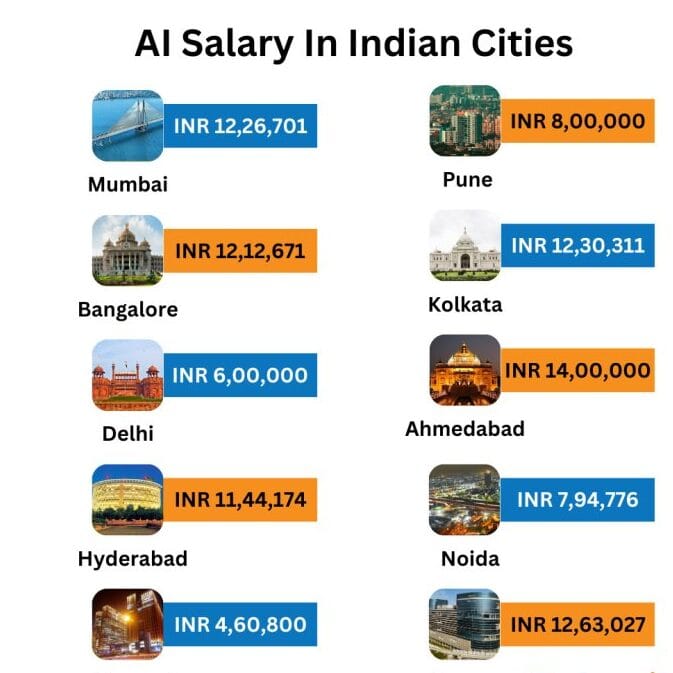
- Machine Learning Engineer: ₹7–25 lakhs p.a.
- Data Scientist: ₹8–40 lakhs p.a.
- AI Research Scientist: ₹15–40 lakhs p.a.
- NLP Engineer: ₹10–20 lakhs p.a.
- AI Software Developer: ₹12–25 lakhs p.a.
- Robotics Engineer: ₹8–18 lakhs p.a.
- AI Ethics Officer: ₹15–28 lakhs p.a.
conclusion
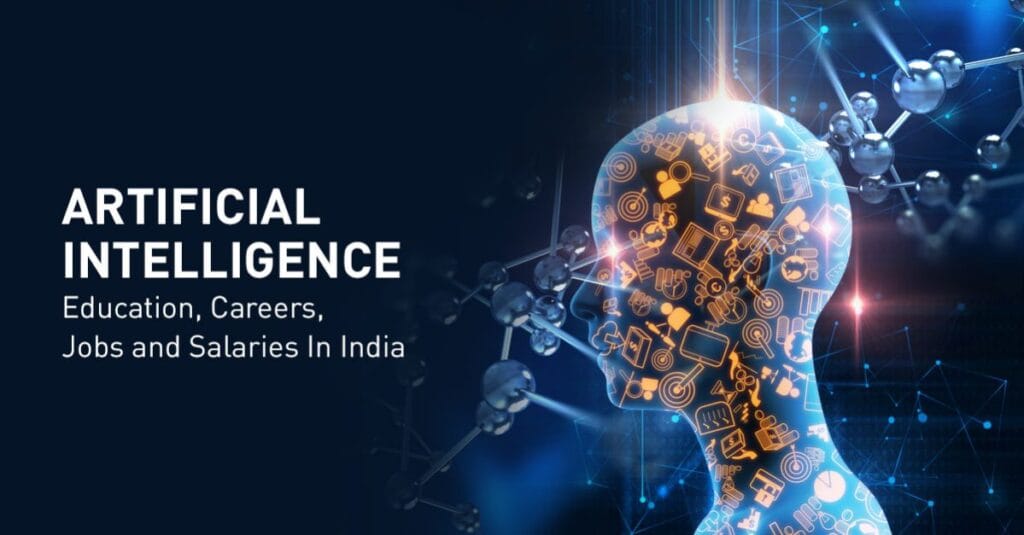
In conclusion, the future of jobs in the age of AI (2025) will be dynamic in shifting demands of the workforce, where new roles emerge and traditional ones evolve. Even though AI is bound to boost productivity in every sector, it cannot replace uniquely human qualities like creativity, empathy, and critical thinking that are important for many professions. Success in this new landscape will depend on adaptability, continuous learning, and the ability of individuals to collaborate with AI to unlock full potential. With the transformation of industries by AI, the process of individuals and organizations being innovative and responsibly using AI to their advantage becomes crucial for an excellent, human-centered workforce future.
